KEITH HOUGHTON
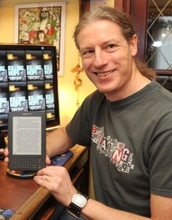
Thank you for joining us, Keith. Can you tell us a little about yourself?
I’m English. An Englishman. Made in England. I’d get it tattooed on my rump, but I’m scared of needles.
People on the Continent mistakenly think I’m Swedish or Dutch. Sometimes German. My passport says I’m British. A citizen of the UK. Some Americans hear my English accent and think I’m Scottish. Is it any wonder why I spend half my life wondering who the heck I am?
Some facts I am clear of: I’m middle-aged. Probably less years ahead than behind. I’m losing hair. What remains is slowly succumbing to the grey. That which is lost huddles in the plughole like a damp rodent. My joints ache. I broke a collarbone when I was 19 and it has a nasty habit of reminding me how silly it was to try and leap over a rubbish bin with more alcohol in my veins than haemoglobin. My eyesight is going. I keep looking for it, but it’s sneaky. My skin sags in places – namely anywhere I’m standing. And the smile lines around my eyes no longer think it’s funny.
Aside from that, I am a proud father, giggling Grandpa, weary master and lucky lover. Proud, because I have raised fantastic children who display all the attributes of being fine Human Beings – so I did something right somewhere. Giggling, because I am one of those silly ‘let’s play monster’ grandpas who love acting the fool with my beautiful granddaughters. Weary, because I run around like a demented fool on the tail of my beastly Cairn Terrier, Jake – the mutt with 666 tattooed behind his doggie ear. Lucky, because somehow I managed to attract (and keep) the most wonderful and wise woman a man could ever hope to have. I walk in her shadow – mostly because sunlight burns.
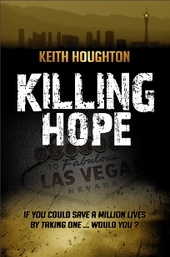
Right from an early age I wanted to be an author. I remember reading Enid Blyton’s ‘Famous Five’ series under the bed sheets by torchlight when I was an impressionable eight or nine year old. I loved the sense of adventure, of mystery and intrigue. Over the following years, I discovered science fiction and loved it so much that I started writing my own other-worldly stories when I was eleven. My first real break came with the success of my crime thriller “Killing Hope” – which broke into the Kindle Top 20 in the US and the Amazon UK Top 40 in January 2012.
It has always been my intention to earn a living from my writing. My first literary love is science fiction. But it’s a small hotel with not many vacancies. In order to make a living, I had to change genres. I chose the thriller category simply because it’s a larger bank with more opportunities for breaking in. This meant writing in a style which was less flowery and more gritty – basically, adopting a more commercial voice. It was strange at first, since I’d never read any crime thrillers. The only commercially successful author I knew of was James Patterson. So I picked up his first book and set about learning the craft.
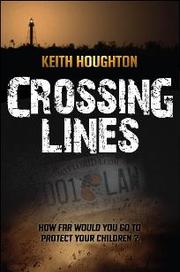
When writing “Killing Hope” I always had in mind the essence of its follow-on novel “Crossing Lines”. I knew by introducing past scenarios for my main protagonist throughout the first book, I’d help set the stage for future stories. Even before finishing “Hope” I had the plot of “Lines” worked out – so it wasn’t too difficult to continue in the same vein. Coming up with book #3 is much more demanding. Both “Hope” and “Lines” have been a success. The third outing has to be just as good, if not better. And therein lies the challenge.
Once I have a plot worked out, I pretty much know what kind of settings and characters will be involved in it. Setting my thrillers in the real world means that the locations must be exact and true to life. I spend a lot of time doing research, browsing location information and studying photographs. I want to make absolutely sure my settings feel as real as possible, and this takes time and patience to get the details right. The one thing my readers always comment on is my locations – whether they’re dark and scary or sunny and cheery. Character-wise, I let my characters surprise me as I go along. They don’t necessarily need to be completely unique (we all share similar traits), but they do need to be believable and act true to form in any given situation, depending on mood, mind-set and influencing factors.
The only disadvantage I find is our common use of northern slang and northern sayings – some of which can creep into our stories if we’re not too careful. The last thing I want my Los Angeles American-born-and-bred detective saying is “Ey up, lass, put kettle on.” Somehow it just wouldn’t hold water. I work really hard making sure my characters speak in a way they would in real life, staying true to their roots, and this won’t change until I have a Mancunian or a Scouser working in the LAPD.
The one advantage we have is our humour. We northerners share some of the best humour on the planet, and I think this can sometimes make us see things slightly differently, which filters through into our writing.
What was the most surprising thing you learnt about the publishing industry after you had been part of it for six months/a year?
The most surprising thing I’ve learned over the last 12 months is how supportive my readers can be and also how nasty my critics can be. Kind words of encouragement are always uplifting and remind me to stay humble and keep ploughing away. Hate comments remind me that as an author I am exposed to the big bad world out there and that jealousy is one of our worst emotions.
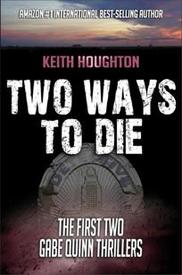
Over the coming years, I think there will be a steady transition from hardcopy publishing to electronic publishing, especially in the fiction market, which will see the steady decline of the traditional high street book store. More and more readers are abandoning print books altogether and are switching to electronic readers, mostly out of convenience. I think in years to come, the only books to still go into hard print production will be non-fiction, such as educational books, encyclopaedias etc.. Sadly, paperbacks will go the way of the vinyl record, existing only as a niche product in a small hard core market.
What are your own plans for the future?
I intend to write a third installment of my Gabe Quinn Series this year and then spend the next couple of years concentrating on standalone thrillers. I have several ideas I want to try out. They keep buzzing round in my head. They need to come out before I go insane.
I do intend to explore print publication with future standalone novels, but for now I publish my Gabe Quinn Series books directly to Amazon for the Kindle and Kindle Apps for smart phones and tablets.
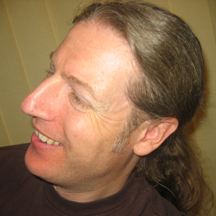
By far, the most rewarding experience is the feedback I get from my fans. I have been lucky enough to pick up some very loyal readers along the way. I value their input and genuinely appreciate all their support. The best part about being a writer is I’ve finally managed to earn some money from it after thirty years slogging away – which means I can finally quit my day job and concentrate on doing what I love most.
Have you any advice for newbie authors?
Believe.
Read more about Keith Houghton on his webpage and follow him on Face book and twitter.
Web: www.keithhoughton.com
Facebook: https://www.facebook.com/KeithHoughtonAuthor
Twitter: https://twitter.com/KeithHoughton
Buy his books on amazon:
“Killing Hope” – Amazon UK
“Killing Hope” – Amazon USA
“Crossing Lines” – Amazon UK
“Crossing Lines” – Amazon USA
“Two Ways To Die” – Amazon UK
“Two Ways To Die” – Amazon USA
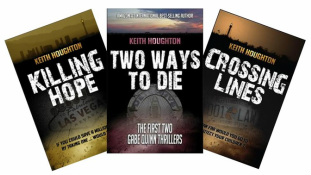
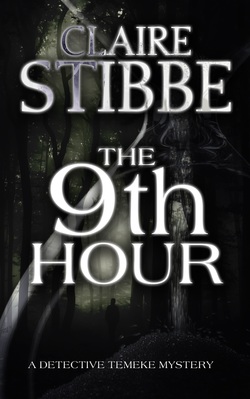
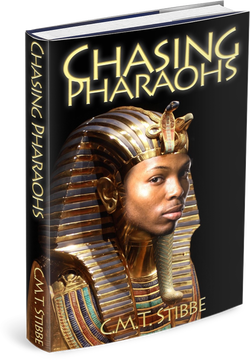
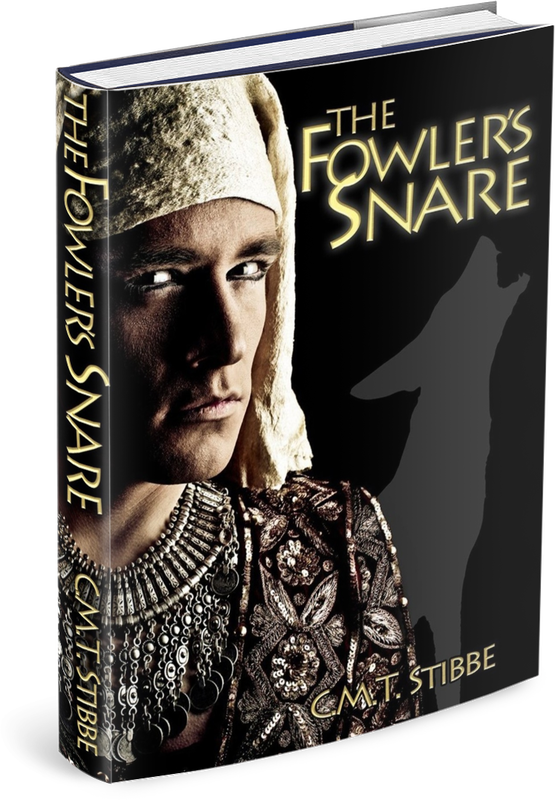
 RSS Feed
RSS Feed